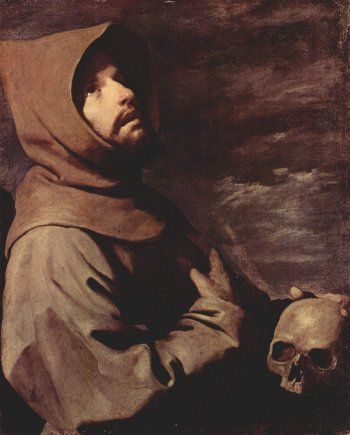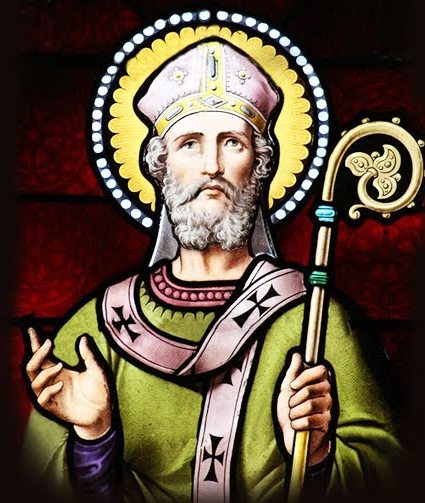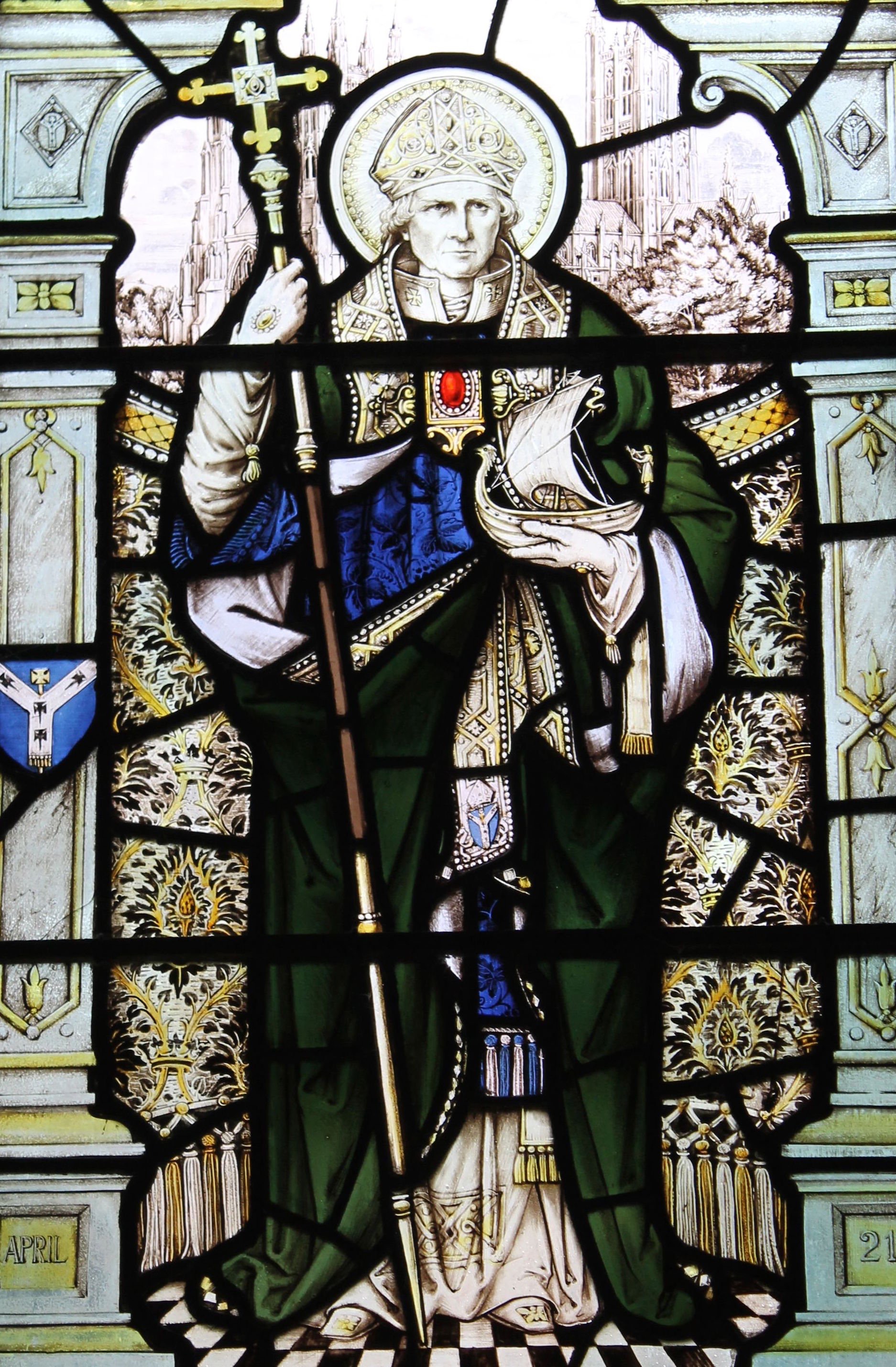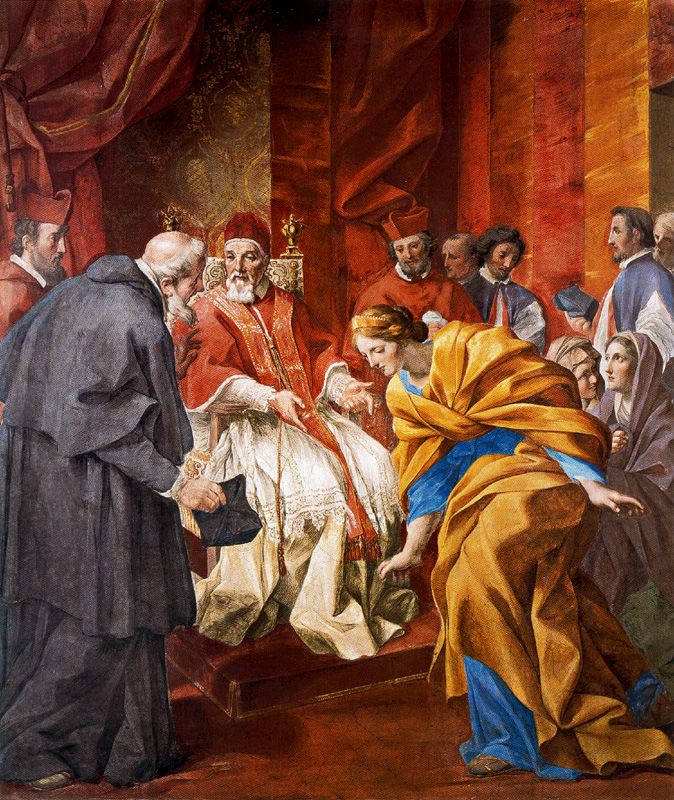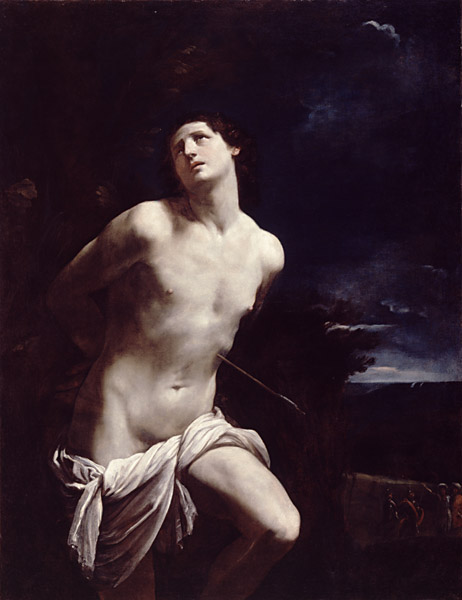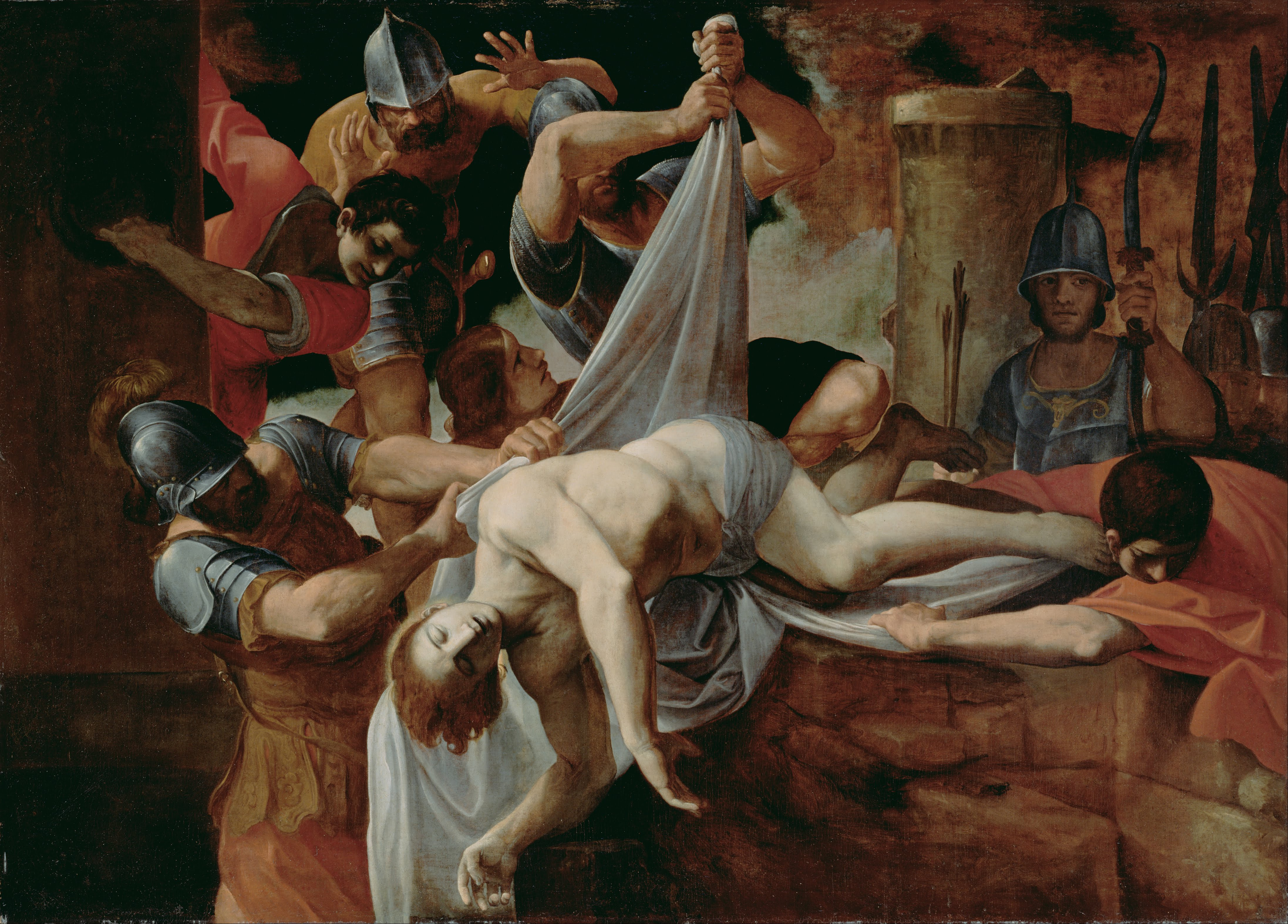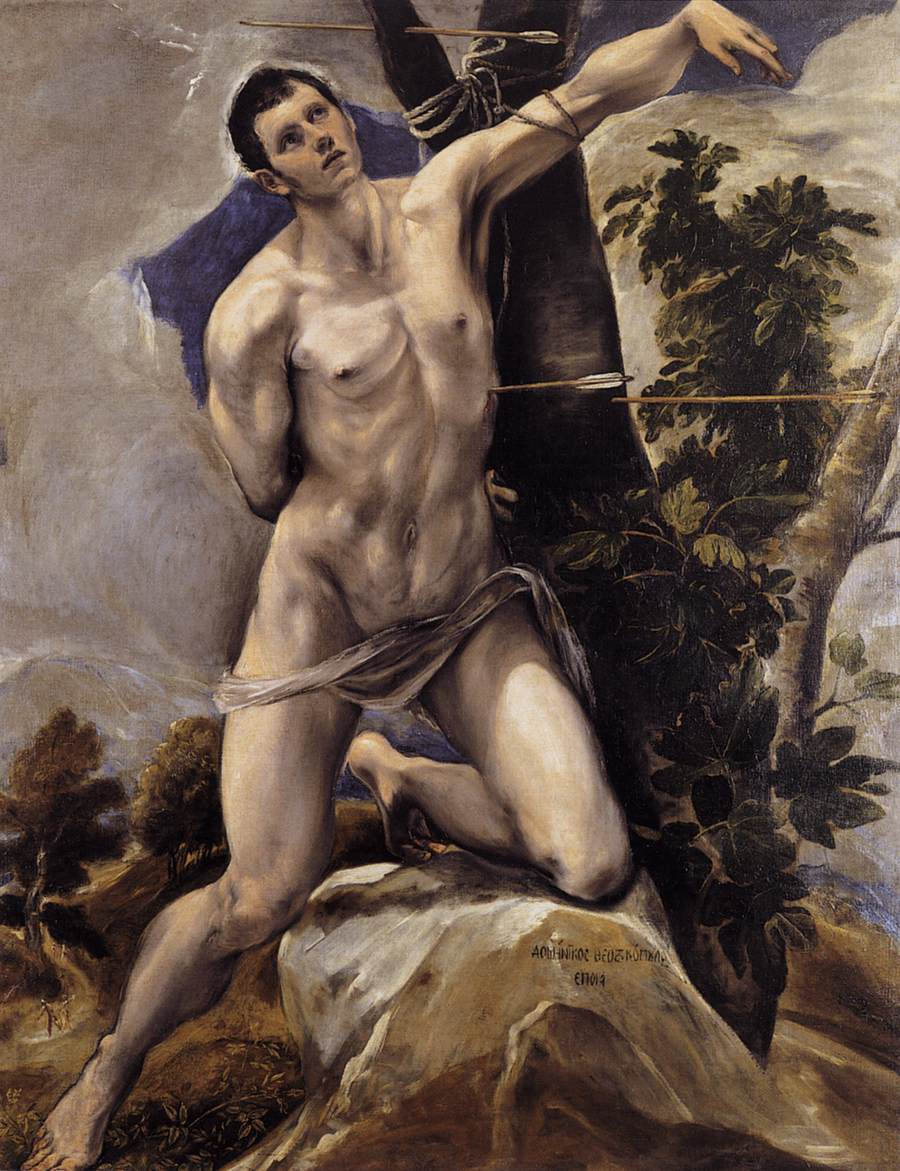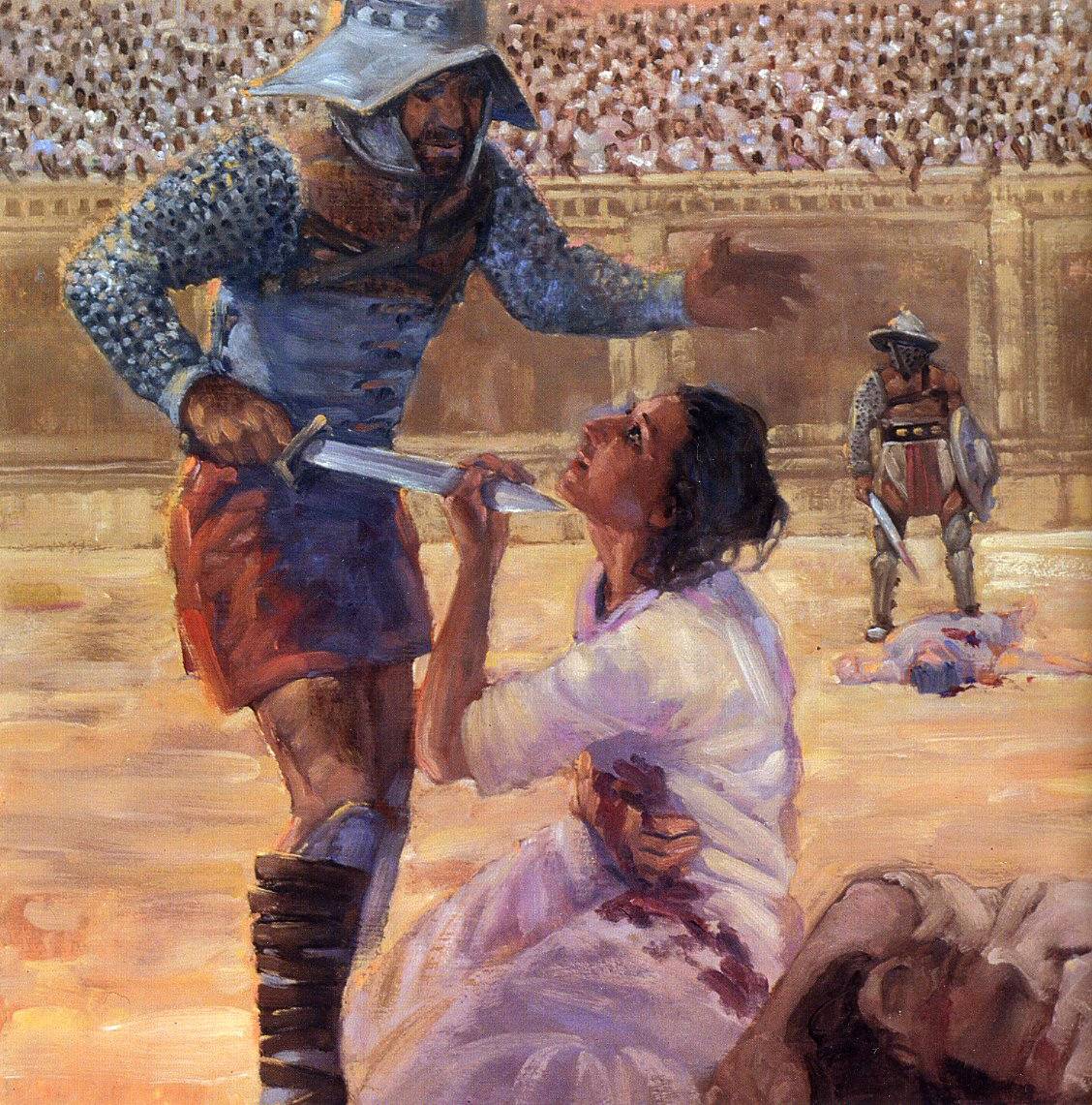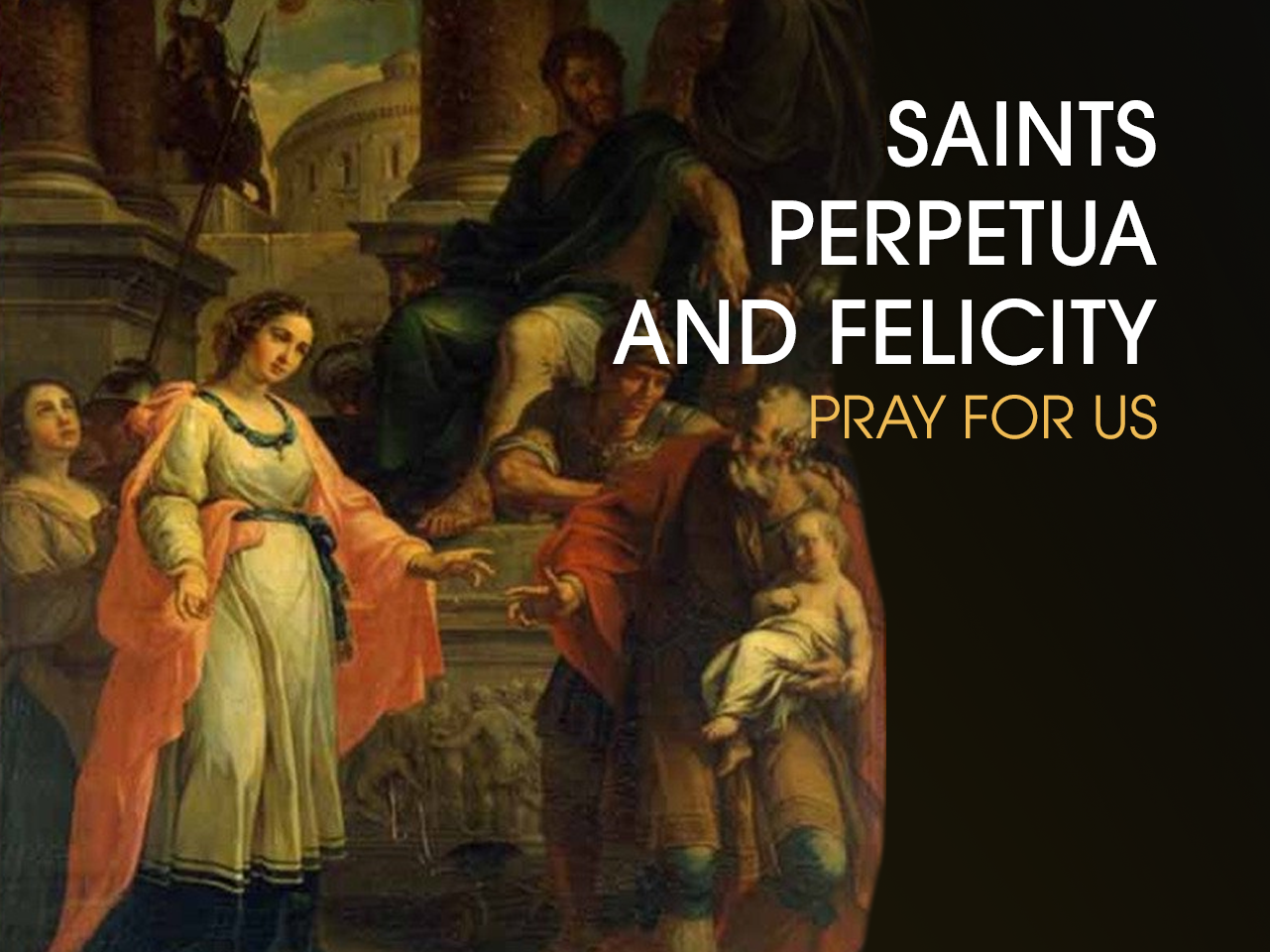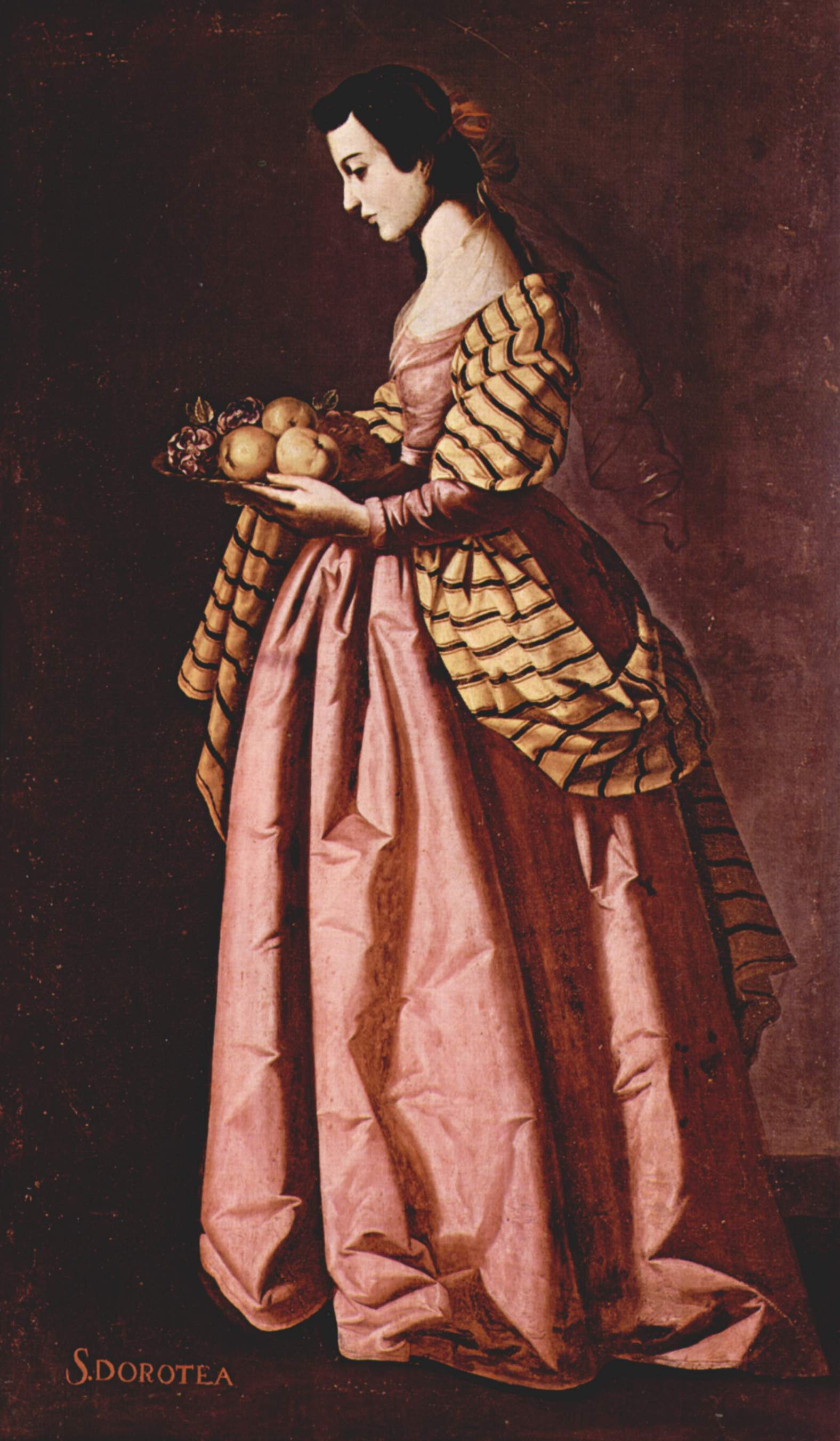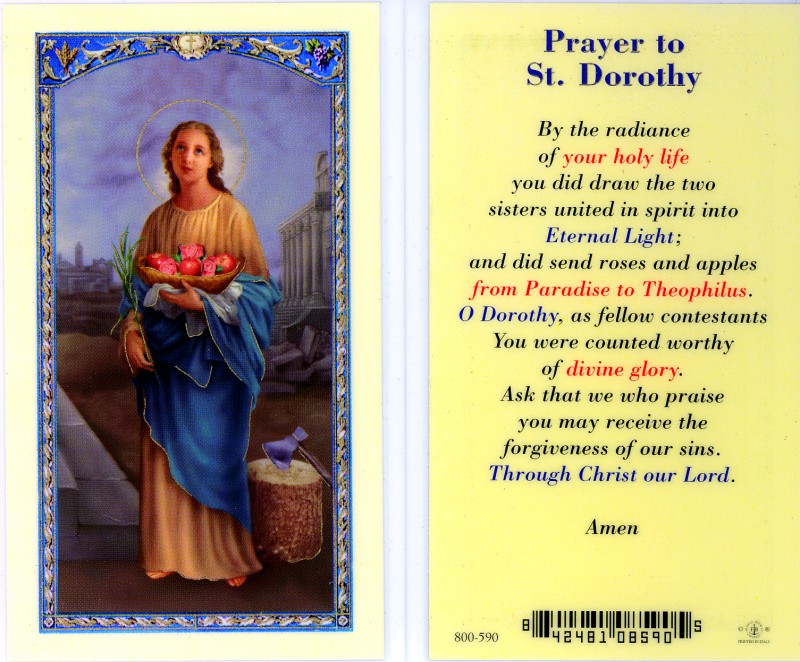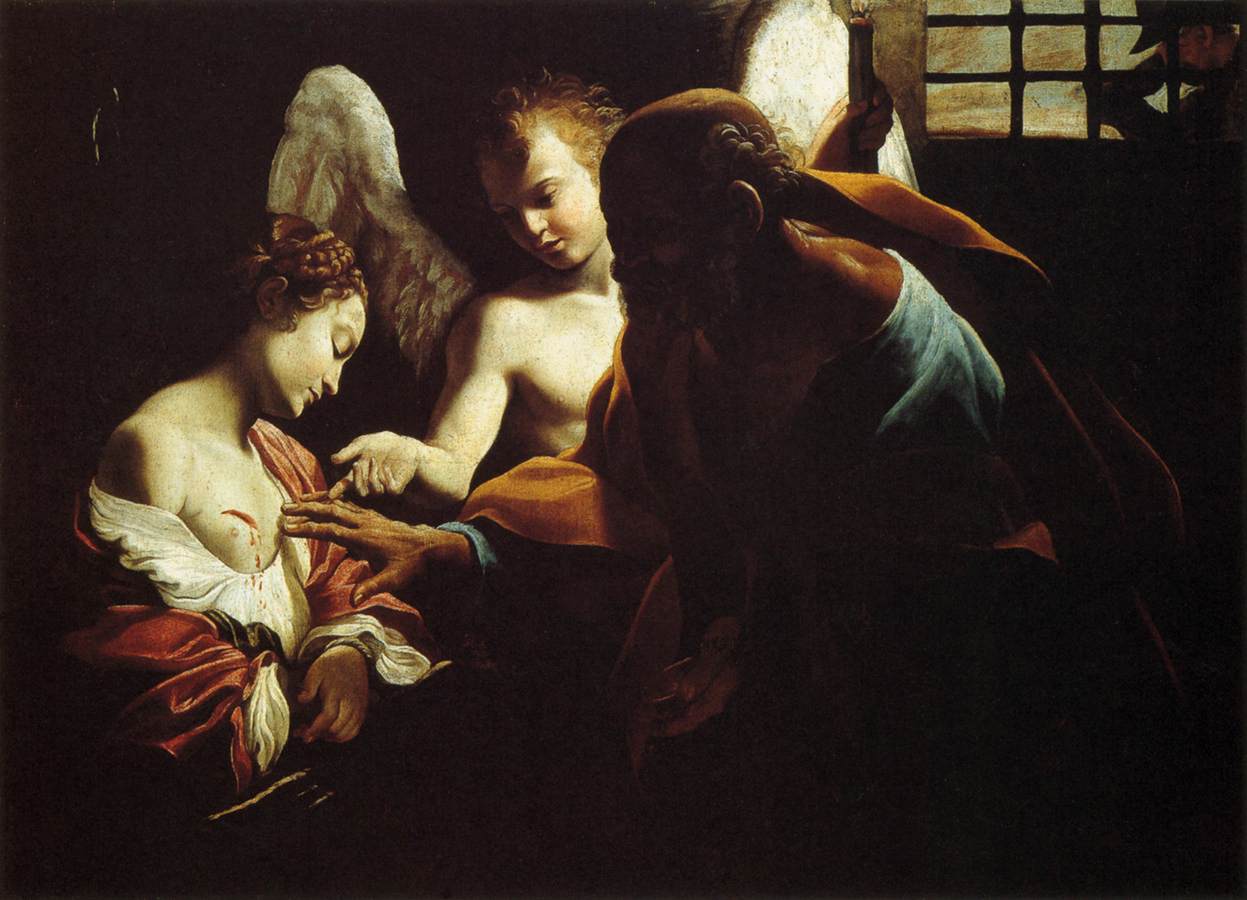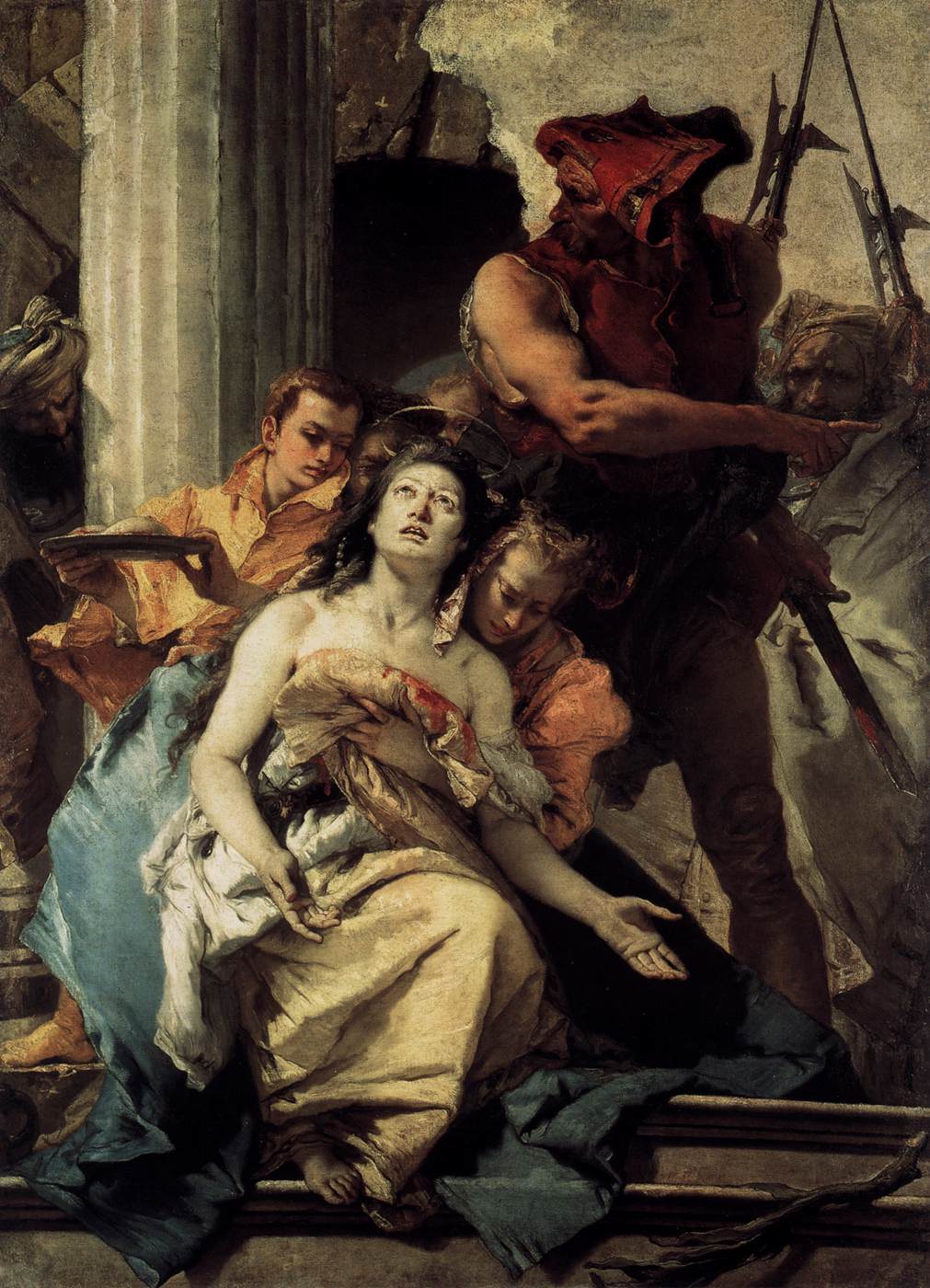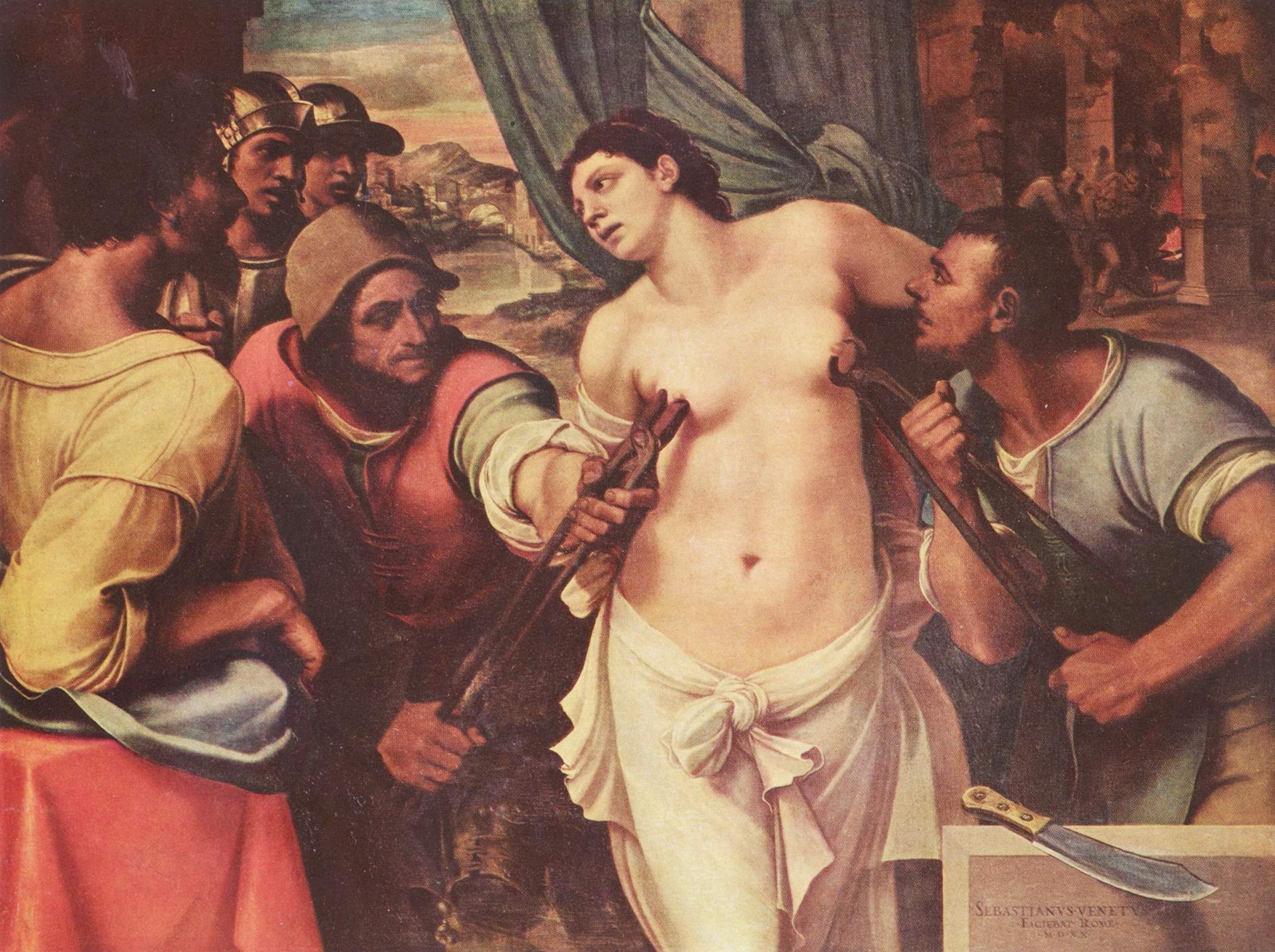You know of my passion in particular for married saints. James Duckett was born at Gilfortrigs, Westmorland in England. He lived at a time when Elizabeth I was Queen of England. As a young man he became an apprentice printer in London. There he came across a book called “The Firm Foundation of the Catholic Religion” by Jean de Caumont, published first in Antwerp in 1590, available for viewing and reading online even today, and lent to him by a friend. He studied the book carefully and believed that the Catholic Church was the true Church. In those days, Catholics were ill-treated in England. James decided that he wanted to be a Catholic anyway and would bravely face any trouble that came his way.
The minister from his previous church came to look for him because James had been a regular church goer, attendance was mandatory by law. James refused to go back, saying he would not return until better arguments for the Anglican faith were made to him. He was sent to prison twice for his stubbornness and both times the owner of the printing press he worked for helped free him. But then the man asked James to find himself another job.
James Duckett knew there was no turning back and was able to find a disguised Catholic priest in the Gatehouse prison. The old priest, “Mr. Weekes,” taught him about the Catholic faith and soon James Duckett was received into the Catholic Church. He married a Catholic widow and their son became a Carthusian monk.
Blessed James Duckett never forgot that it was a book that had changed his life. He made it his duty to provide his neighbors with Catholic books as he knew these books would help encourage and teach them about the faith and the Catholic Church.
So dangerous was this work that he was in prison for nine years out of the twelve that he was married. Finally, he was condemned to death by one man’s witness. Peter Bullock, a book binder who testified that he had bound Catholic books for Blessed James, a very “serious crime” in England at the time. Blessed James admitted the truth of this in court in a very self-possessed manner and with a calm demeanor.
It was unheard of to condemn a man on testimony of only one witness, so the jury found Blessed James not guilty, initially; but the judge, Sir John Popham, the Lord Chief Justice, browbeat the jury, which reversed its verdict and Blessed James was found guilty of felony. Peter Bullock turned traitor because he himself was sent to prison for a true crime and hoped to be set free, but he was not freed and was condemned alongside Blessed James.
Blessed James’ wife visited her condemned husband in prison. When he saw her tears, he said, “If I were made the queen’s secretary or treasurer, you would not weep. Do but keep yourself God’s servant and in the unity of God’s Church, and I shall be able to do you more good, being now to go to the King of Kings.”
Both Blessed James and his betrayer were sent to die on the same day, carted to the gallows at Tyburn. Along the way, Blessed James’ wife presented him with a pint of wine. He drank a glass of it and urged her to drink one in honor of Bullock, and hold no grudge against him. When she refused, Blessed James chided her until she did.
Before they were hanged, Blessed James Duckett kissed his betrayer and told Bullock that he was forgiven. He kept encouraging the man as they were dying to accept the Catholic faith. Then the ropes were placed around their necks. Blessed James Duckett was martyred and died for his faith April 19, 1602. He is remembered among those lifelong laity recognized for their sanctity.
—————————————
In my prayer currently, I am struggling, as I am sure many of you are and have. I think it is important to remember, when we are tempted to discouragement, as we certainly must often be in these days, that it is the Lord who calls us to faithfulness. This knowledge and reflection comforts me. This comfort is reinforced by my hagiography. Each of the great Catholic reformers lived in a time where no one would have questioned their discouragement, their choice to distance themselves or to not get involved. Despite their discouragement, they remained faithful, vibrant, alive in their faith. They struggled. They suffered. With the grace of the Holy Spirit, they persevered. Let us imitate them. This is the beauty of their vocation as Catholics – lay or ordained. Let us pray for each other, for the Church, for struggling, lapsed, and all Catholics and for our brothers and sisters in Christ in whom we find the most disappointment.
I rejoice when I remember the Lord perseveres in His love for me, despite what must be His profound disappointment in me. Let us imitate Him in this, too, with each other.
Love,
Matthew

